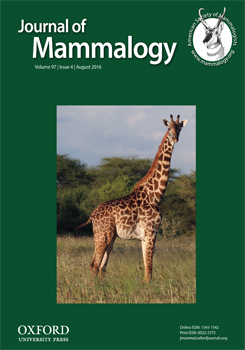Contrasting scenarios have been proposed to explain how resource heterogeneity influences group living or sociality. First, sociality may result from individuals in larger groups attaining net fitness benefits by monopolizing access to resources (“resource-defense” hypothesis). Second, sociality may be the fitness-neutral outcome of multiple individuals using a territory with sufficient resources to sustain a group of conspecifics (“resource-dispersion” hypothesis). While previous studies have tended to support the resource-dispersion hypothesis, these analyses have typically examined only 1 or a few predictions, making it difficult to distinguish between the 2 alternatives. We conducted a 4-year field study of Octodon degus to quantify the effects of spatial heterogeneity in food and refuge distributions on group size and 2 components of reproductive success (per capita number of offspring, offspring survival) in this plural breeding and communal rearing rodent. We found only a small effect of heterogeneity of food resources on group size; the effect food resource distribution on group territory size varied across years. Group size did not vary with spatial variation in group territory size and quality. Importantly, there was no covariation between group size and quality of an individual's territory (i.e., a measure of individual access to resources), or between this measure of territory quality and reproductive success, implying no resource-based benefits to social degus. Overall, our results were more consistent with fitness-neutral relationships among spatial heterogeneity of resources, sociality, and territory size. The resource-dispersion hypothesis, however, did not provide a complete explanation for degu socioecology.
How to translate text using browser tools
24 March 2016
Limited and fitness-neutral effects of resource heterogeneity on sociality in a communally rearing rodent
Luis A. Ebensperger,
Felipe Pérez de Arce,
Sebastian Abades,
Loren D. Hayes
ACCESS THE FULL ARTICLE

Journal of Mammalogy
Vol. 97 • No. 4
August 2016
Vol. 97 • No. 4
August 2016




